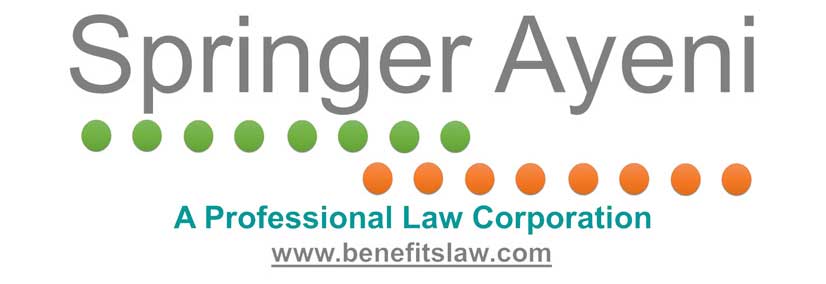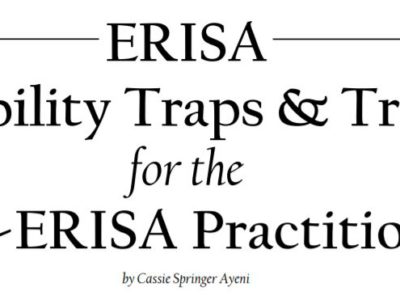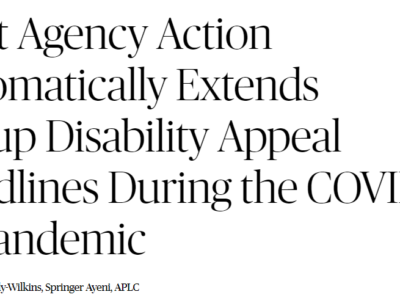Long Term Disability (LTD): The Hidden Gem in Your Benefits Package

What is an LTD benefit?
Most long-term disability benefits are insurance policies that provide about 50-67% of your base income should you become disabled. What does it mean to be disabled? It will be defined in the policy, but typically it is defined as the inability to perform the material duties of your occupation due to illness or injury. After some time, usually 24 months, the definition of “disability” may change to the inability to perform the material duties of any occupation (taking into account your education, training, and prior income level) due to illness or injury. Mental illness disabilities are usually limited to 24 months of benefits in total.
Many illnesses or injuries can qualify you for a disability benefit. Examples include back, neck, knee, or upper extremity pain, migraines, fibromyalgia, cancer and its consequences, HIV/AIDS, pulmonary dysfunction, cognitive impairment, neurological conditions like Parkinson’s Disease, or chronic pain conditions. Disabilities do not just strike the elderly; my clients range from ages 29-67, with most of them being in their 50s. Yet they all have one thing in common: none were expecting to have to stop working before retirement age due to a medical problem.
Who has an LTD benefit plan?
Most professionals work for employers that provide disability benefit plans. These disability insurance policies have relatively low premiums, so employers often provide disability insurance to their employees as a matter of course. If you work for an employer that provides professional, medical, or technology services you are a prime example of someone who probably has a disability benefit plan through your employer. For example, I frequently represent doctors, nurses, and other medical professionals, lawyers, engineers, project managers, programmers, financial services professionals, executive directors, and even insurance claims adjusters. To see if you have disability coverage, look up your original benefits package or examine what benefits you elected. You can also look up your employer’s IRS Form 5500 filing, which should include details on ERISA retirement and “welfare” benefits such as health, disability, and life insurance benefit plans. ERISA is the law that governs almost all employer-sponsored benefits.
What to do if you need to apply for LTD benefits?
If your doctor has advised you to stop working, please verify whether your employer has an LTD plan or give me a call and I’ll help you figure it out. There are other benefits that might be available to you as well (state disability, Social Security, workers’ compensation, etc.), which I can outline for you. If your employer does have an LTD plan, bear in mind that the reason you stop working has to be because of your disability for you to have coverage and make a successful LTD claim. In some states, including California, late applications can still be accepted as long as the insurer is not harmed by your late claim notice. Typically, your last date of work is also your first date of disability. If you are laid off for performance reasons that are actually related to your disability, you may still have a good LTD claim, but call me to help you analyze it. (You may also have a disability discrimination claim.) If you 1) have an employer-sponsored LTD plan, 2) need to stop working because of a medical condition, and 3) your doctor has advised you to stop working and will fill out a form on your behalf, you should strongly consider applying for LTD benefits. These benefits may be available until age 65 or 67, so do not shy away from making an application! However, there are many traps along the road of applying for and receiving LTD insurance benefits, so feel free to reach out to me if you have any questions about whether you should apply or how to maximize your chances of receiving benefits.

#LTD benefits




